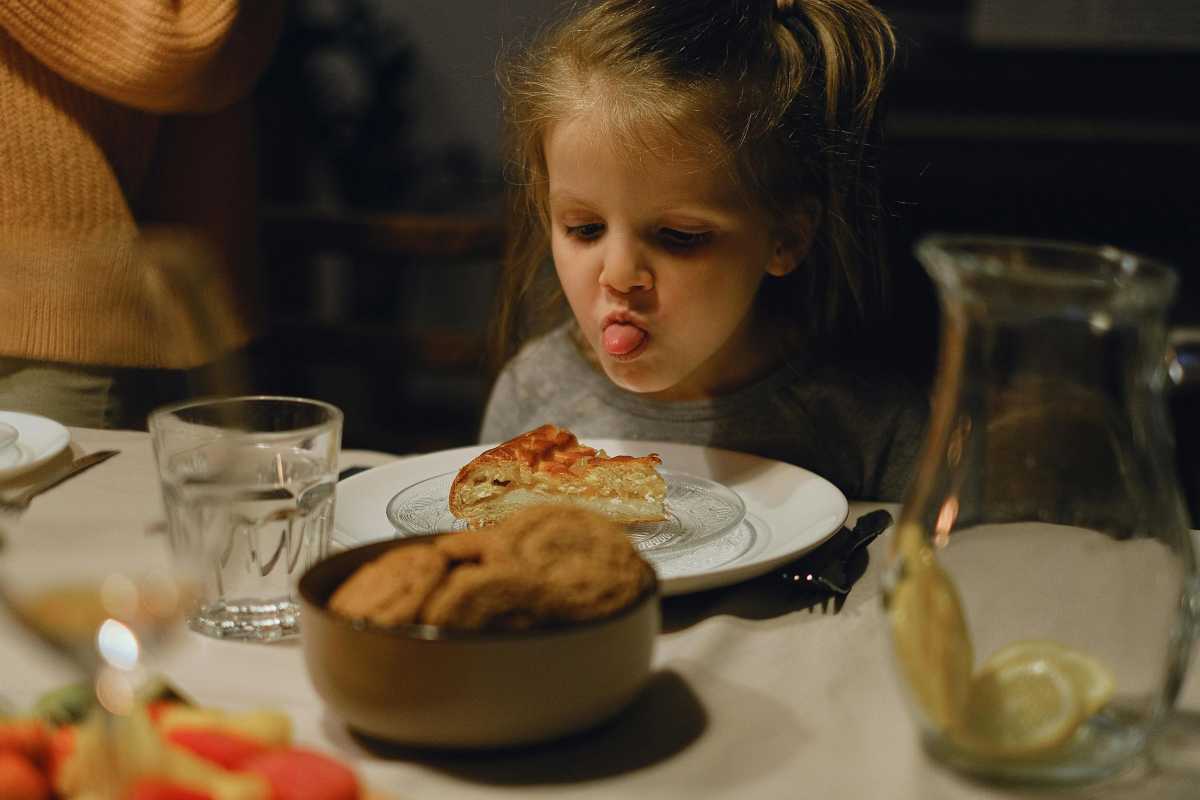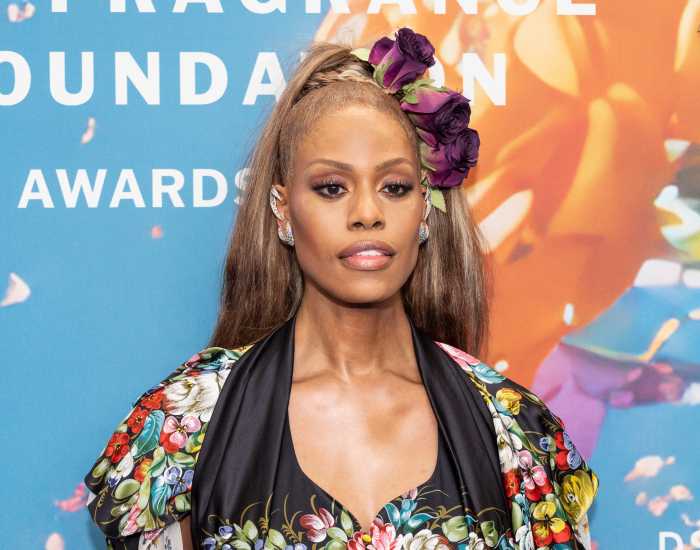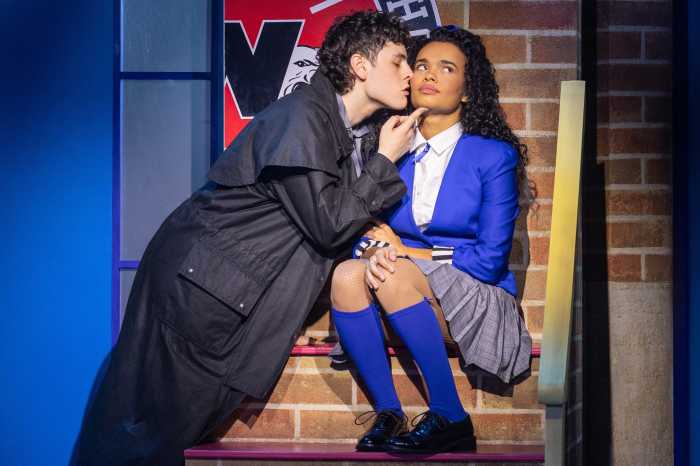
"Luce" is a psychological thriller that quickens the pulse of its viewers by unraveling black identity in America while showing the pressure its title character endures by shouldering the weight of being a "success story" to his community.
The film introduces 17-year-old Luce Edgar (Kelvin Harrison Jr.) as a model student — adopted by two affluent white parents — who has overcome unimaginable circumstances as a child soldier from a war-torn country. He excels on the debate team, holds down his grades, and is a star athlete, but when his teacher Harriet Wilson (Octavia Spencer) discovers a potentially dangerous object in his locker and brings up concerns over a recent assignment, his identity is picked apart and threatened.
During a pivotal moment, actress Octavia Spencer pointedly tells Luce, "America puts you in a box, and it’s small." The film spends much of its time examining the implications of that notion and how these boxes look different for young black boys.
Actor Kelvin Harrison Jr. ("Monsters and Men," "It Comes at Night") explains the direct questions the film asks of its audience to consider: "There’s this full spectrum of where you can be as a young black man. They become tokenized and exceptionalized and that’s one of the things the movie talks about. How does power and privilege work in our country and what are we doing to participate in that?”
amNewYork sat down with the actor, 25, to discuss the pressing themes of “Luce," now in theaters.
The stakes are so high for Luce and as a viewer, it translates to the overall energy of the film. What was your response when you screened it for the first time?
I saw it by myself the first time [director and co-writer] Julius [Onah] showed it to me … I got to the end, and I started crying because I didn’t think about how tough it might be for people of color that are trying to progress in America. And to see Luce come from another country and be an immigrant, and to just want acceptance and to survive? That’s something everyone wants to feel in the world. It was tough to see the interactions between him and Harriet and the things he had to do to make his point. So, it’s beautiful to watch him empower himself and work through it all, but at the same, time it’s hard to see the confrontation between them.
Did you speak about Luce’s early history as a child soldier and how his early experiences affected his development?
Yeah, Julius sent me a lot of readings. One of the first things he sent me were links about people from Eritrea and what being a child soldier could have been like. He sent me Frantz Fanon’s [books] so I had to read “Black Skin, White Masks,” and “The Wretched of the Earth.” All of those things helped me with developing the back story in terms of what might’ve happened in those first seven or eight years of his life. Then, we made some creative choices. I decided maybe he saw his [biological] parents get killed, and what is the trauma that comes with that?
The film unpacks President Obama’s emergence and how this idea of the American dream shifted in meaning for black men. The societal expectation of success and working twice as hard that, in turn, pits black men against each other and boxes them into these drastically different stereotypes. Can you speak about that?
I went to a private school growing up in New Orleans and one of the first things they told me was, “We don’t say, yeah, we say yes.” It was all based on class and what opportunities [I had] that made me feel worthy enough to be in that school. And if I didn’t have those things, then I wasn’t enough. So I was striving for something. That’s why I started changing the way I talked and changed the way I dressed and the things I was interested in because I wanted to assimilate to the culture that was set up for me. It starts to make you look down upon those that don’t have it but then at the same time strive for something that’s not necessarily attainable.
Luce is unique because his identity has been affected by his white parents’ privilege and affluence. So he’s constantly between these two worlds. How did that enter into your performance?
It was just acknowledging the fact that even Luce doesn’t understand his own privilege that has been passed down to him simply from having white parents that were well off and the opportunities that might be afforded to him because of what they can have. You have to kind of let Luce be a 17-year-old and not know all the answers … I think I just had to let that breathe through the script and not try to control Luce and project my own thoughts.
Those scenes with Octavia Spencer felt like a debate. It very much felt like a tension-filled match. You never knew who was going to best the other. How were those scenes?
It was amazing and they do feel like a debate. I wrote the paper in the movie — this 20-page paper and I had sent it to her in an email and said, "Game on," and then she replied with a "B." So, she graded it and that was her response, so I think we kind of established this safe space too, to kind of play with each other. I knew she always had my back, but we also knew who our characters were and that we can kind of like push each other without feeling like we’re going too far.
The film recognizes tokenism that minorities have to deal with. In Hollywood, we’re hearing about all of these diversity initiatives — did this piece make you reflect on your own experience in Hollywood?
Yes, I’ve always thought about that with the jobs that I get. There’s also a lot of work that I’m very proud of. I know that my career wouldn’t exist if it wasn’t for some of the diversity [initiatives] and like the #OscarsSoWhite. Just the amount of coming-of-age films I’ve done about young black boys growing up and trying to be different, and exploring toxic masculinity, and all these other themes that show a wider spectrum of who we are. It’s because of this stuff. So I hope it continues to be a conversation.




























